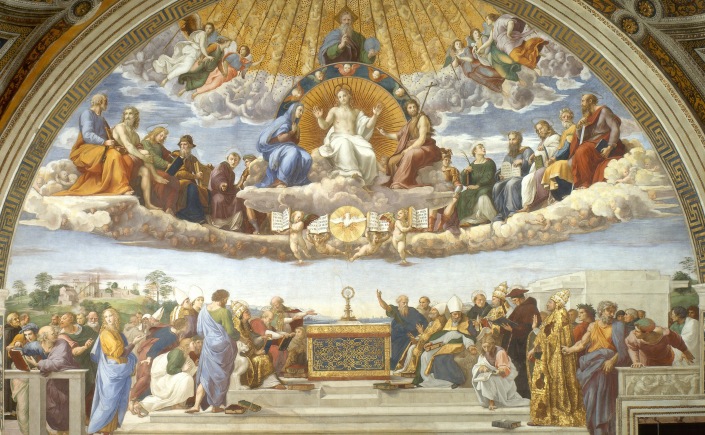I meant to get one or two posts out last week but had some things come up and wasn’t able to. I might be publishing less over the next few weeks, but should get back to normal by the end of August/early September. My apologies.
Also, some unfortunate news: I’ve had to delete my reading Aristotle and reading Aquinas posts. I had thought that quoting from texts for the intention of commentary/educational purposes was allowed by fair use under copyright laws, and it is, but I recently discovered that quoting whole chapters might be pushing it. This was quite disappointing, as I had put quite a significant amount of time and work into those posts, and deleting one’s work is always difficult; but, it’s always better to be safe rather than sorry. In the future, I may continue the series but in different formats, with less direct quoting and more personal commentary. We’ll see. If I do that, eventually I may go back and do the same for the old chapters I’d already gone through, but that would be a lot of extra work. Anyways, my apologies for this as well.
Thanks and God bless,
Harrison

